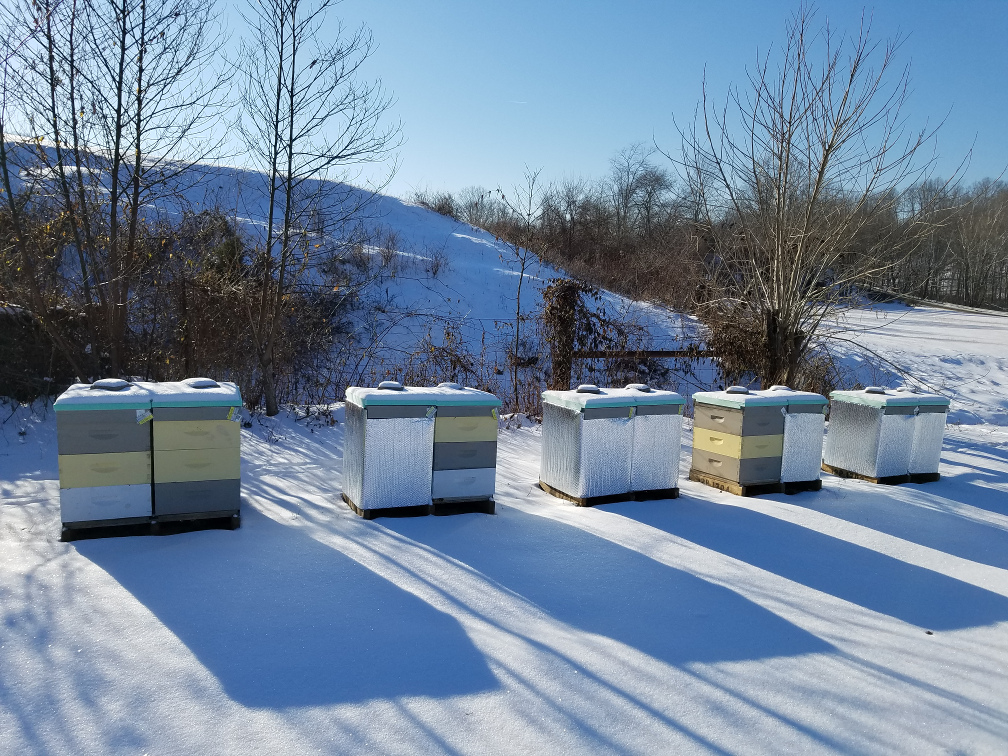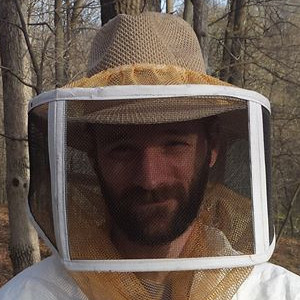We’ve had a few extended cold spells here recently. The snow has stuck this year longer than most years. This isn’t a problem for the bees if everything goes well. In winter, they consume honey to get the energy needed to generate heat. When it gets very cold like we’ve had, down in the single digit temperatures, the bees form a tight ball with the queen protected in the center. The colder it gets, the tighter they squeeze in. The outside layer shields the inside from the extremes, while the inner bees generate heat. As they exhale carbon dioxide, it gets trapped in the cluster. For bees, this is like a sedative, so they slow down, consume less energy, and essentially go dormant. This helps them conserve their precious honey. The outer bees consume honey as they go, causing the cluster to very slowly move in the hive, following food.

If the temps stay too low for too long trouble can begin. As the cluster of bees move they can get off to one side and hit a dead end. In fall, not all combs get filled. If the bees travel in this direction, they’ll end up in a spot with nothing to eat. A brief warm up can be all they need to loosen up and move back to the food. Without that, they can be stuck long enough to starve.
We had a nice warm spell which allowed me to check the hives for life. I press an ear to the hive and give them a knock. They answer with a reassuring hum which sounds much like a computer fan or microwave. Unfortunately I did find one that didn’t answer back. I pulled the cover off and found bad news.
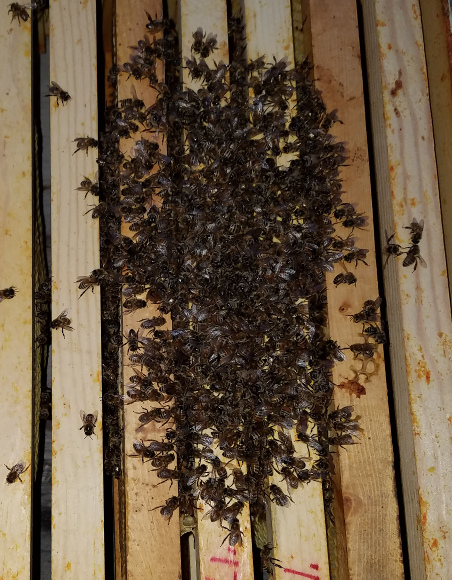
These bees got stuck in the top box in an area without any honey to sustain them. They were within an inch or so of enough honey to make it the rest of the winter. This is natures way. This hive will be available in spring for us to restart a new hive and continue on. The comb is still there, so they will have a head start.
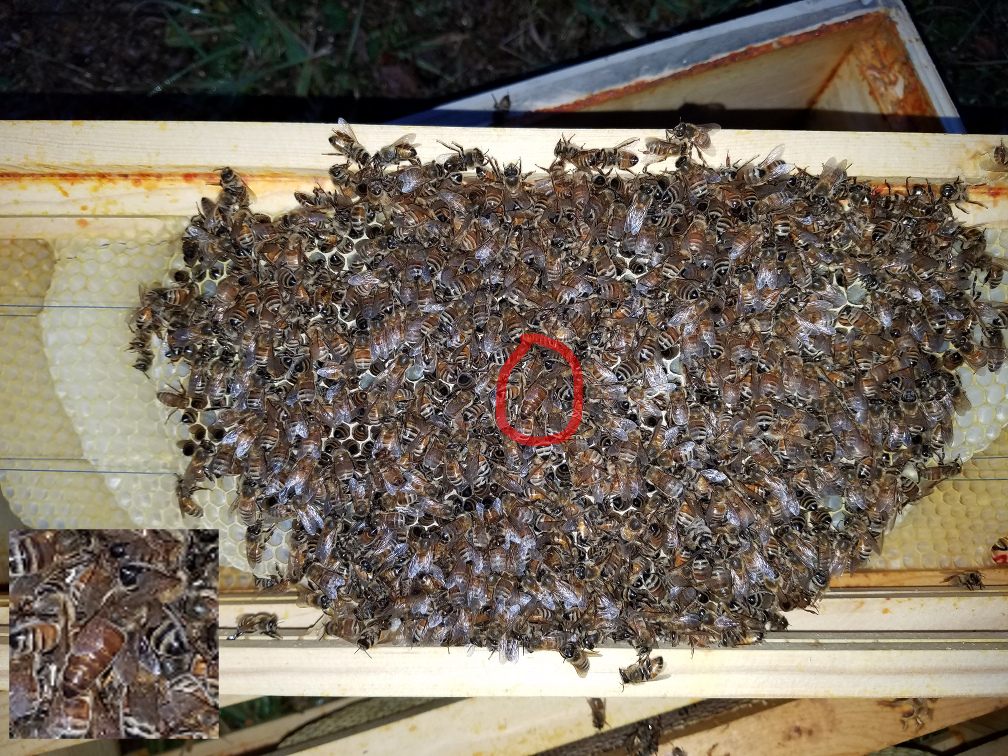
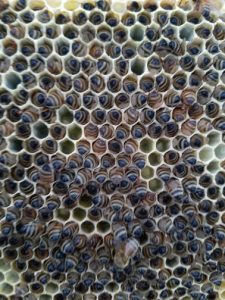
The bees were firmly in the cells to conserve heat and stay as close together as possible. Without honey, they simply run out of energy and die. As a beekeeper this is a heartbreaking event. The time spent caring for a hive throughout the previous season results in the building blocks for the following year. With the bees gone, the hive and it’s comb remain, but will quickly be under attack from mice, wax moths, roaches, mold, and more. The good news is that a new queen and bees in spring can restore order in their new home. At our yard at home, we’ve lost 3 hives as well. Let’s hope the other hives make it through the rest of the winter!
Despite working in IT, I prefer spending my time outdoors. I enjoy beekeeping, hiking, camping, and about anything else I can do outside. A Do-It-Yourself’er, I’ve spent much of my life learning new skills like beekeeping, carpentry, mechanics, construction, and more. This gives a refreshing break from the days of screen time we all endure.


